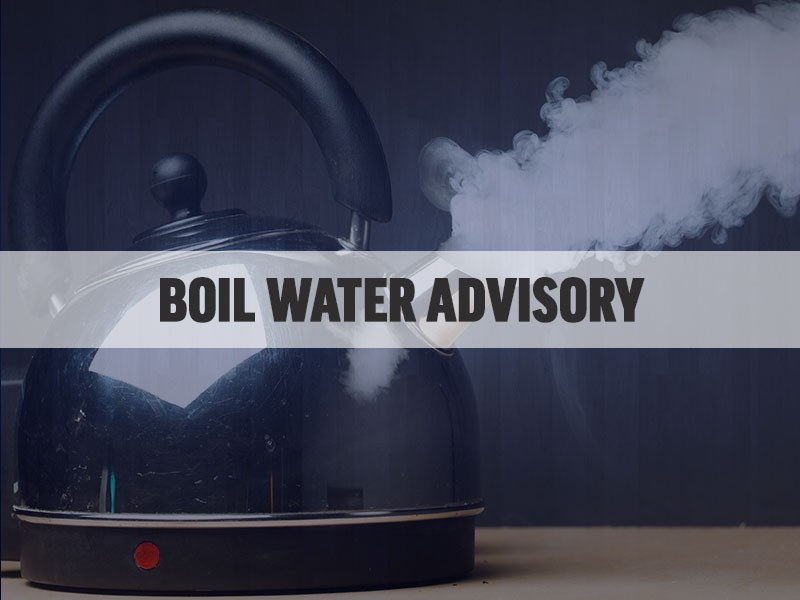Officials with the Braselton Water Department have issued a boil water advisory for two neighborhoods in the Friendship Road area.
A statement from the city says the Braselton water system lost pressure in the area of the Clearwater and Reflections neighborhoods.
"This loss of pressure in the distribution system may cause back-pressure, back-siphonage, or a net movement of water from outside the pipe to the inside through cracks, breaks, or joints in the distribution system that are common in all water systems," the statement said.
"Such a system failure carries with it a high potential that fecal contamination or other disease-causing organisms could enter the water distribution system. These conditions may pose an imminent and substantial health endangerment to persons served by the water system in these two neighborhoods."
That danger means residents should boil all water before consuming it or using it for cooking.
The alert from the city makes the following suggestions:
- DO NOT DRINK THE WATER WITHOUT BOILING IT FIRST. Bring all water to a rolling boil for at least (3) three minutes, and let it cool before using, or use bottled water. Boiled or bottled water should be used for drinking, making ice, brushing teeth, washing dishes, and food preparation until further notice. Boiling kills bacteria and other organisms in the water. ALL STORED WATER, DRINK OR ICE MADE RECENTLY FROM THIS SUPPLY SHALL BE DISCARDED.
- Bathing, showering and toilet flushing may be performed using water from the tap without boiling it first.
- Inadequately treated water may contain disease-causing organisms. These organisms include bacteria, viruses, and parasites which can cause symptoms such as diarrhea, cramps, nausea, headaches, or other symptoms. They may pose a special health risk for infants, young children, some of the elderly and people with severely compromised immune systems.
- The symptoms above are not caused only by organisms in drinking water. If you experience any of these symptoms and they persist, you may want to seek medical advice. People at increased risk should seek advice about drinking water from their health care providers.
There is no word on when the boil water advisory will be lifted.









